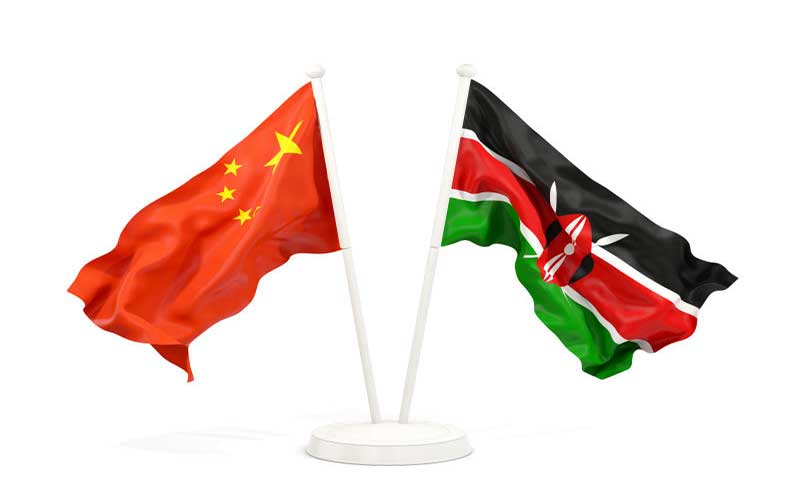×
The Standard e-Paper
Stay Informed, Even Offline

In 2013, China launched the Belt and Road Initiative (BRI), an infrastructure, connectivity and people to people development programme aimed at integrating Asia, Europe and Africa.